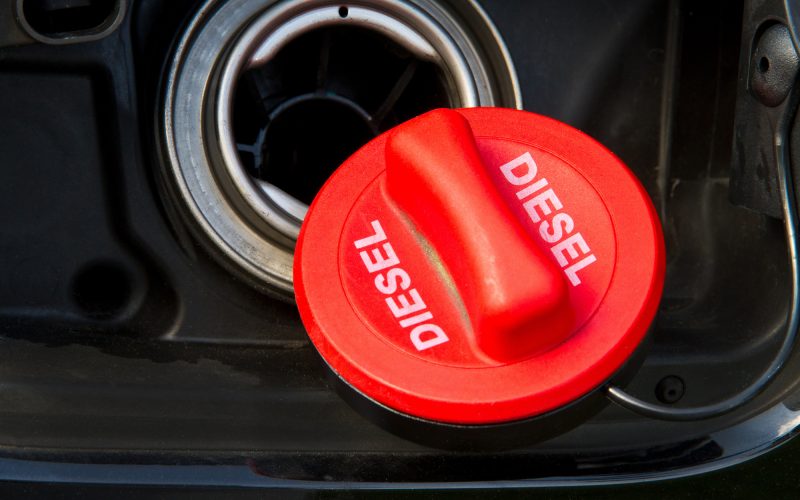How to Get the Best Diesel Engine Performance From Your Car
Does your car’s diesel engine performance leave you underwhelmed? Or are you just looking to keep it in top condition?
Diesel engines need care and attention to ensure top performance. As they account for only around 1.5% of cars being sold, not everyone knows how to handle them.
They’re quite different to regular car engines in a lot of ways.
If you’re looking to get the most out of your engine, keep reading. We’re going to tell you how to maintain and improve your diesel engine performance.
Regular Maintenance
As with any vehicle, regular maintenance is vital when considering performance.
Check your oil and filters regularly, as well as brake fluid levels and water.
Also bring the vehicle in for regular servicing at a garage to achieve the best diesel performance. A good service can result in noise reduction, more fuel efficiency, and more power. It’ll also identify problems early, saving you cash.
Make sure the garage is checking the engine, cambelt, and all the other important bits and pieces under the hood. Ask them to change out your battery for a new one every few years while you’re at it.
Regular maintenance will also identify parts which could be swapped out for better performance. Changing out your engine control module for a Cummins ECM, for example. These routine upgrades will keep your car up to date with the latest developments in diesel.
Don’t worry, it’s hardly as taxing as maintaining a private jet. It’s just a few simple tasks and changes that’ll keep your diesel engine roaring with life.
Turbocharging
Turbochargers suck more air into the combustion cylinders, providing more oxygen and better temperature control.
This creates more power, and many diesel drivers like turbocharged engines for this very reason. You’ve already got a powerful engine – why not make it even stronger?
It’s not just about the power though. Better airflow means that there’s less chance of the engine overheating when it’s working really hard.
This is useful for anyone who routinely needs to tow a heavy trailer or another load.
Or for anyone who simply loves the feel of that power at their feet.
Other benefits of turbocharging include the fact that it makes your engine use less fuel for the same output. It can also help to improve torque, so you’ll have to shift gears less often to tackle steep hills.
Upgrade the Stock Fuel Injectors
All diesel cars use fuel injection systems to deliver fuel to the engine.
These systems deliver diesel fuel directly into the cylinders for combustion, unlike regular cars which normally mixed with air first.
There are exceptions where regular engines use fuel injection, but these are relatively rare. There are no diesel engines which don’t use fuel injection – it’s part of the design.
Sometimes these will be good pieces of kit, and definitely will be if you’ve bought a luxury diesel car. However, you can almost always upgrade these for better diesel engine performance.
More efficient fuel injectors can reduce fuel usage. They will also increase the power output of your engine.
Used in conjunction with a turbocharger, good fuel injectors can really bring your diesel engine to life.
Driving and Diesel Engine Performance
One of the easiest ways to keep your diesel vehicle’s performance sharp is simply to take it for a drive.
If you don’t use it that often, you should try to take it for a proper spin at least once a month.
Diesel engine filters trap emissions and are designed to be self-cleaning. But this only works when they’re run at high speeds. This is because they need to reach a certain temperature in order for the self-cleaning element work properly.
So take the car out for a proper run down the highway from time to time.
This’ll help the filter to regenerate, which in turn increases diesel engine performance for your next drive.
Fuel Additives
Many people feel uneasy about ‘doctoring’ their fuel with additives. However, they can have positive effects on engine performance.
They’re certainly not world-changing, but additives can reduce emissions and help to maximize fuel efficiency too.
Additives can help to keep your engine in good condition, as some of them contain chemicals which help to clean it and keep your car’s systems in good condition.
Finally, they can also help to squeeze a little extra out of your engine, without mechanical upgrades. They’re a cost-effective alternative to say, installing turbochargers. Of course, they’re also not as effective as this.
In some situations, they can be helpful. Learn more about the types of fuel additives available here.
Top Torque
When you’re driving, always remember that a diesel engine has much greater power in terms of torque than a petrol motor.
Don’t think that it’s underperforming because you are getting wheel spin. Put less power into it and you’ll get the result you want. This is really helpful for diesel drivers whose cars become stuck in snow or mud.
Usually, the engine is powerful enough to drag the vehicle out again without the intervention of a tow-truck.
Don’t slam down hard on the accelerator. You won’t go anywhere, and you’re only going to strain the engine.
Feel the Performance
We hope this guide has helped you to achieve the best diesel engine performance for your car.
If you’re unclear on anything we’ve said, have a chat with your local garage to see what else they can suggest how to go about improving how your engine is working.
One more thing before you make that call though. We figure that after such a long read, it’s surely time to take your car out for a spin? Enjoy the road!


